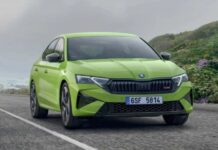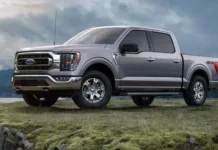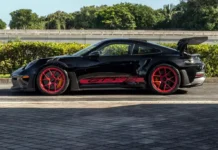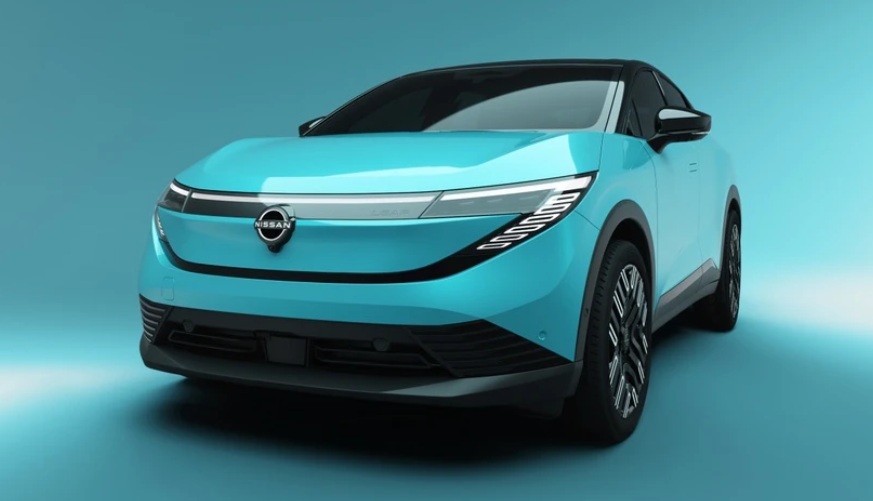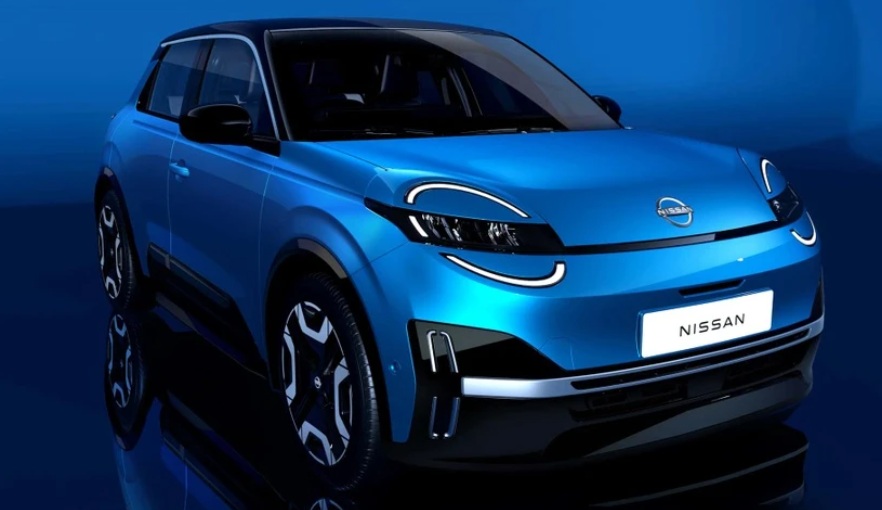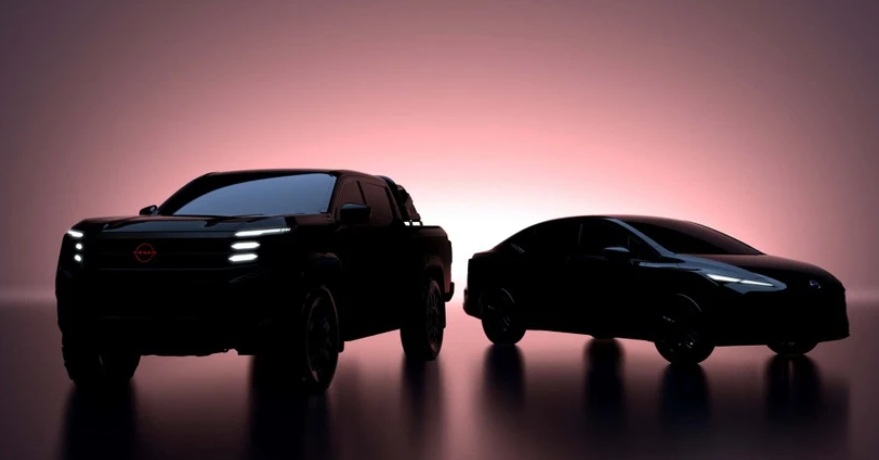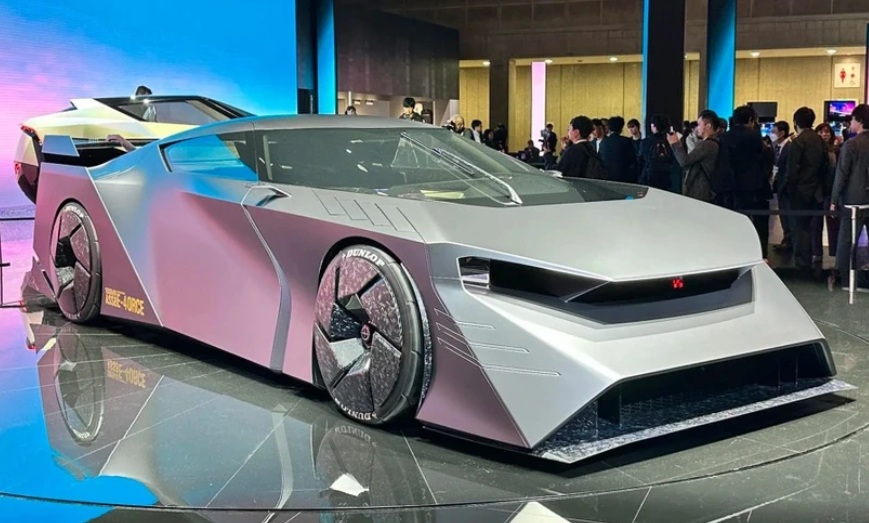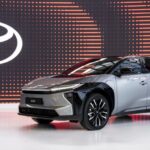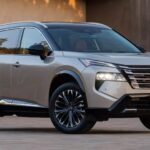In a recent announcement, Nissan Motor unveiled a series of plans for the 2025-2026 financial years, marking a significant shift in its product strategy.
The Japanese automaker intends to introduce new generations and upgrades of various models over the next two years.
The highlight of this strategy is the diversification of powertrains, including the e-POWER hybrid, plug-in hybrid (PHEV) technology, next-generation electric vehicles (EVs), and improved internal combustion engines (ICE). Nissan asserts that it will not only pursue electrification but also continue to refine its traditional offerings, providing customers with flexible and suitable options.
Kicking off this new product lineup is the next-generation Nissan Leaf. Departing from its traditional hatchback design, the new Leaf will undergo a transformation into a spacious, modern, and aerodynamic crossover. Built on the CMF-EV platform, it promises enhanced performance and efficiency.
The Nissan Leaf will feature 19-inch alloy wheels, a panoramic sunroof, and a 3-in-1 powertrain system, significantly extending its range. Notably, in the North American market, the vehicle will integrate the NACS charging port, enabling direct connectivity to Tesla Supercharger stations. This marks a significant step forward in accessing fast-charging infrastructure. More details about this model are expected to be revealed by Nissan in the middle of the year.
In addition to the Leaf, Nissan is set to launch a range of upgraded SUVs, including the Nissan Rogue, which will offer a plug-in hybrid (PHEV) option and the e-POWER powertrain. The Pathfinder and X-Trail SUVs will also undergo significant enhancements. For sedan enthusiasts, the Nissan Sentra and an upgraded Versa will present appealing choices.
In the electric vehicle segment, Nissan will introduce the Micra EV, a city car developed in collaboration with Renault. Moreover, the Juke EV, an electric crossover with a distinctive design, will make its official debut. Nissan is also working on an all-new electric SUV with off-road capabilities, slated for release in 2027 in North America, targeting adventurous customers.
Expanding beyond passenger vehicles, Nissan will introduce the new Frontier/Navara pickup truck and an entirely new MPV to its commercial vehicle portfolio.
Furthermore, Nissan reinforces its performance credentials with the launch of the Nissan Z NISMO in the Middle East, delivering an exhilarating driving experience.
Nissan’s luxury brand, Infiniti, is also undergoing a transformation, with plans to introduce the upgraded QX60, the QX80 with the SPORT package, and the QX65, a crossover coupe with a sporty aesthetic. Infiniti will also unveil a new luxury electric SUV, derived from the Vision QXe concept, that seamlessly blends sophisticated design and cutting-edge technology.
This “turning point” for Nissan follows the collapse of its merger talks with Honda earlier this year. To steer the company into this new phase of development, Nissan appointed Ivan Espinosa as its CEO.
A passionate enthusiast of sports cars, Mr. Espinosa was personally involved in the development of the Nissan Z and even uses it as his daily driver.
Under Mr. Espinosa’s leadership, Nissan remains committed to investing in electric and hybrid vehicles while also maintaining its focus on high-performance automobiles.
Mr. Espinosa has confirmed the continuation of the Nissan GT-R supercar project, potentially incorporating technology from the Hyper Force concept to create an entirely new generation of the iconic sports car. Additionally, he is considering the revival of the legendary Silvia, a model eagerly awaited by speed enthusiasts.




